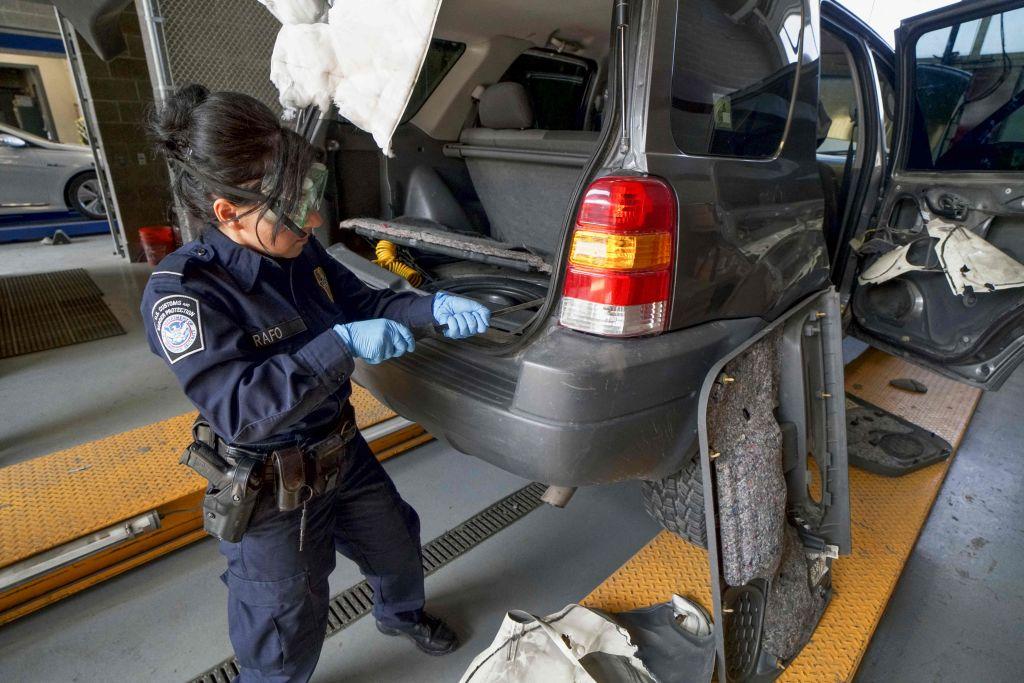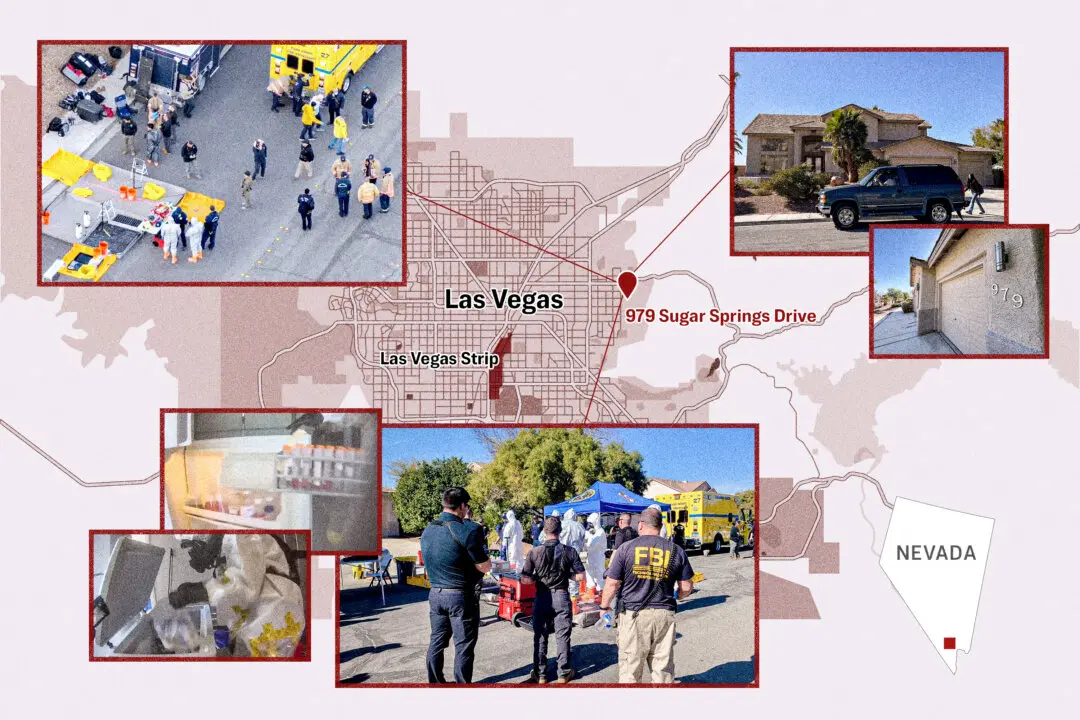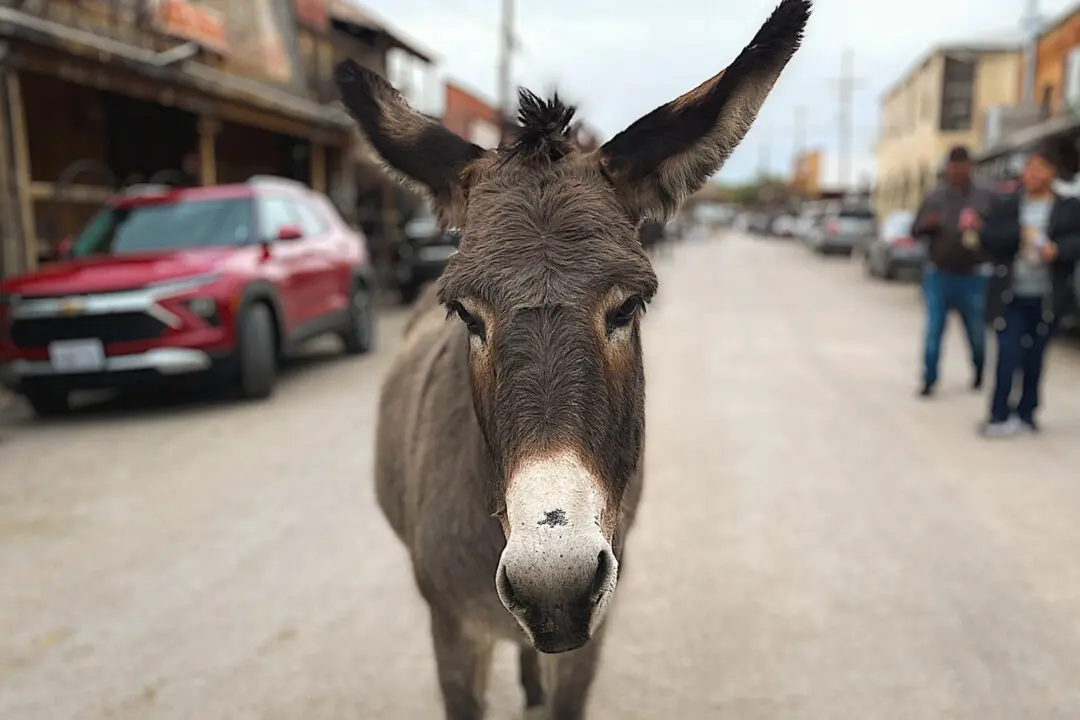SCOTTSDALE, Ariz.—Maya Morsi and her boyfriend, Eddy, had been waiting in the holding area for hours. They were confused, hungry, and eager to be on their way to their vacation spot in the city of Rocky Point on the Gulf of California in Mexico.
Morsi could see the sun setting through the window in the prosecutor’s office, not far from Arizona’s southern border. She glanced anxiously at her expensive Cartier watch, then at the metal shackles around her ankle.





